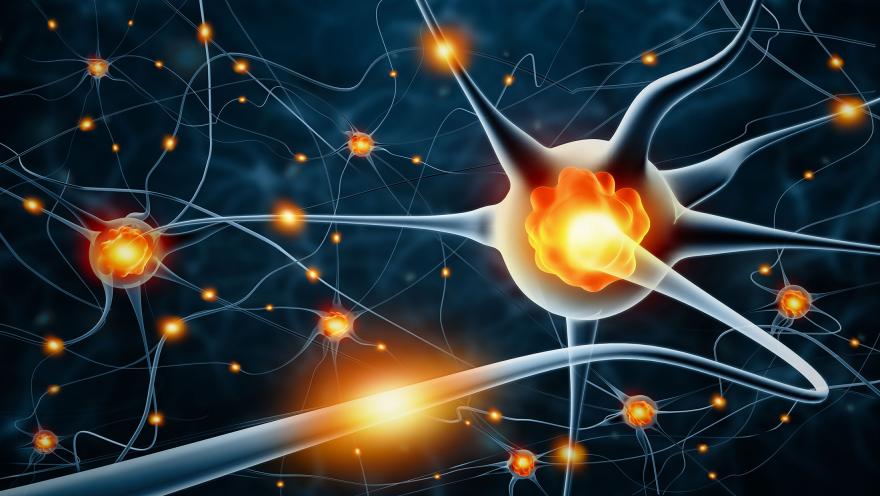The National Institutes of Health recently announced plans to spend an additional $25 million to create a new program that will speed up ALS research and support cutting-edge approaches to understanding the disease and developing treatments. The money is scheduled to be spent over five years targeting innovative research through a program called Accelerating Leading-edge Science in ALS – or ALS2.
In announcing the new funding, NIH cited significant progress in ALS research but focused on the need for real breakthroughs in treatments. “We hope this program will inject new ideas to the field to push us rapidly toward effective therapies,” said Francis S. Collins, director of the NIH.
ALS2 will focus on neuroscience and cell biology to enhance our understanding of what causes ALS and how it progresses, expand the field of researchers getting into ALS research, and explore similarities between ALS and other neurological diseases.
“We are excited about the announcement of this funding program,” said Dr. Kuldip Dave, vice president of research at The ALS Association. “The program is based on a holistic approach that has proven effective – supporting basic research to understand what causes ALS, investing in infrastructure and technologies to enable research, funding cutting-edge therapeutic approaches to de-risk drug development, and examining links between ALS and other related diseases to find common targets and underlying biology.”
NIH funding for ALS research has expanded in recent years. In 2016, the 21st Century Cures Act included $4.8 billion over 10 years to develop therapies targeting rare diseases. NIH spent $83 million on ALS research in 2018. The current federal budget includes $41.7 billion in NIH funding.
The ALS2 program will be part of NIH’s High-Risk, High-Reward program which is geared toward supporting cutting-edge research that is deemed risky, but which has the potential to transform biomedical science.


Join the conversation. Please comment below.